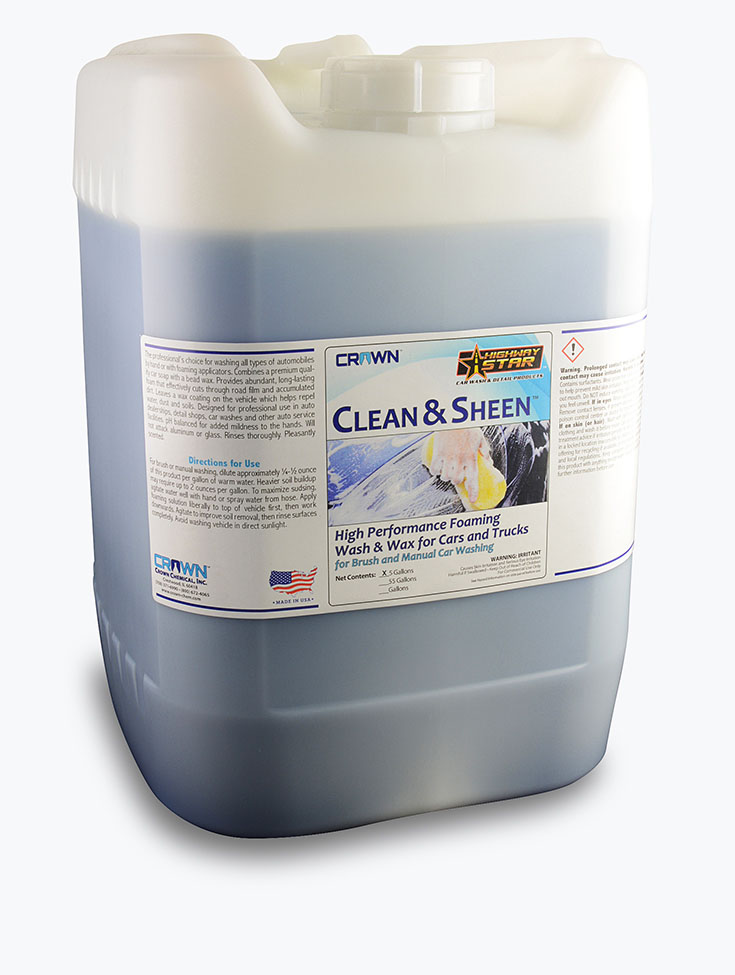Engines are the heart of any vehicle, and it's natural to want to keep them clean and well-maintained. However, when it comes to cleaning your engine, the question arises: Is it safe to spray water on your engine? In this article, we will delve into this topic and provide you with a comprehensive understanding of the potential risks and benefits involved.
Understanding the Engine Components:
Before we can determine whether it is safe to spray water on your engine, it is crucial to understand its various components. An engine consists of intricate parts such as the intake manifold, spark plugs, electrical connections, and sensitive sensors. These components are designed to withstand high temperatures and perform optimally under normal conditions.
The Risks of Water Exposure:
Spraying water directly on a hot engine can pose several risks. The sudden temperature change can cause thermal shock, leading to cracks in the engine block or other components. Water can also seep into electrical connections, causing short circuits and potential damage to sensitive sensors. Additionally, water can mix with engine oil, leading to lubrication issues and potential engine damage.
Benefits of Engine Cleaning:
While spraying water directly on the engine may pose risks, regular engine cleaning is still essential. Accumulated dirt, grime, and oil can hinder the engine's performance and reduce its lifespan. Cleaning the engine helps remove these contaminants, allowing for better heat dissipation and improved overall efficiency.
Safe Engine Cleaning Practices:
To safely clean your engine, follow these recommended practices:
- Cool Down: Ensure that the engine is completely cool before starting the cleaning process. This reduces the risk of thermal shock and potential damage.
- Cover Sensitive Components: Use plastic bags or waterproof covers to protect sensitive electrical connections, sensors, and exposed parts from direct water exposure.
- Use a Degreaser: Before applying water, use a suitable engine degreaser to break down grease and grime. This helps in effective cleaning without excessive water usage.
- Gentle Water Application: Instead of spraying water directly onto the engine, use a gentle stream or a low-pressure hose to rinse off the degreaser and dirt. Avoid excessive water pressure, especially near sensitive components.
- Drying: After cleaning, allow the engine to air dry or use compressed air to remove excess water from hard-to-reach areas. Ensure that all electrical connections are completely dry before starting the engine.
Conclusion:
In conclusion, spraying water directly on your engine can be risky and potentially cause damage. However, regular engine cleaning is still important for optimal performance. By following safe cleaning practices, such as cooling down the engine, protecting sensitive components, using a degreaser, and avoiding excessive water pressure, you can maintain a clean engine without compromising its integrity.


